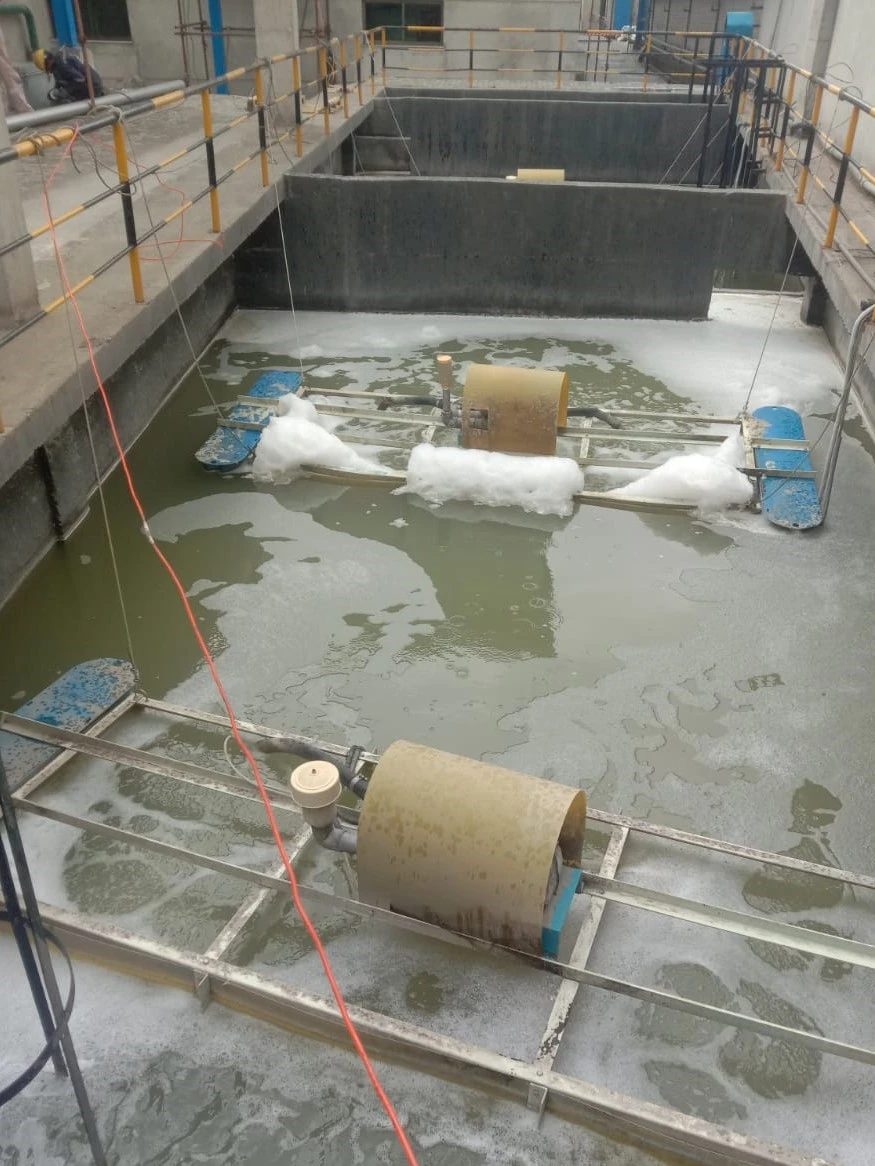Beverage Industry Wastewater Treatment
Introduction:
🌊 Sustainable Wastewater Management in the Beverage Industry
The effective treatment of wastewater generated by the beverage industry is vital for fostering environmental stewardship and advancing sustainable industrial practices. As global beverage consumption continues to rise, so does the volume of wastewater—typically comprising a complex blend of organic compounds (e.g., sugars) and inorganic substances (e.g., chemicals and process byproducts).
Robust management and treatment strategies are essential to prevent environmental degradation, conserve water resources, and comply with regulatory standards. Beyond safeguarding natural ecosystems and maintaining water quality, innovative approaches to wastewater treatment also address pressing challenges such as water scarcity and industrial pollution.
To promote long-term sustainability, the industry must prioritize the exploration and implementation of advanced, efficient treatment technologies—reinforcing its commitment to responsible environmental practices and resilient production systems.
Understanding the Challenges:
💧 Biological Treatment for Beverage Industry Wastewater
Effluent from soft drink manufacturing facilities typically contains a wide array of pollutants, including suspended solids, organic matter, elevated pH levels, chemical oxygen demand (COD), biochemical oxygen demand (BOD), as well as nitrates, phosphates, sodium, and potassium.
To address these complex contaminants, Water Care Services Pakistan implemented a targeted project showcasing the performance of the Bio Cleaner wastewater treatment system. Leveraging environmentally friendly biological treatment technology, Bio Cleaner was deployed at a beverage production facility in Lahore to effectively eliminate harsh chemicals and associated impurities—demonstrating its capability to support sustainable effluent management in industrial operations.
The Bio Cleaner Solution:
🌿 Bio Cleaner – Sustainable & Economical Wastewater Treatment
Bio Cleaner presents an innovative, cost-effective, and eco-friendly solution for addressing wastewater challenges across global communities. This biologically driven technology eliminates the need for additional chemicals or enzymes, offering low operational costs with zero sludge production and odor-free performance.
A successful deployment at a beverage industry effluent treatment facility demonstrated the system’s effectiveness in removing contaminants, reinforcing its role as a sustainable alternative in modern wastewater management.
Impressive Results:
🧬 BioCleaner Technology – Proven Efficiency in Wastewater Treatment
BioCleaner microbes have demonstrated a strong capacity to reduce pollutant levels to within the limits prescribed by the National Environmental Quality Standards (NEQS). Performance results revealed significant reductions in key indicators including Biochemical Oxygen Demand (BOD), Chemical Oxygen Demand (COD), Total Dissolved Solids (TDS), oil and grease content, along with notable decreases in heavy metals and total toxic substances.
This compelling performance reinforces BioCleaner as a critical solution in achieving effective wastewater treatment, aligning both with environmental compliance and sustainable effluent management goals.
Conclusion:
🌎 Championing Sustainability in Beverage Industry Wastewater Treatment
Sustainable management of wastewater in the beverage industry is critical for environmental protection and regulatory adherence. Leveraging innovative solutions like the Bio Cleaner wastewater treatment system offers a powerful approach to mitigating industrial discharge impacts.
By integrating such eco-friendly technologies, the industry fosters responsible operational practices that drive progress toward a more sustainable future. These advancements not only safeguard ecosystems and help preserve valuable water resources, but also effectively address urgent concerns like water pollution and scarcity—reinforcing the industry’s commitment to environmental resilience.
Wastewater from the beverage industry contains various contaminants such as organic matter, nutrients, and chemicals. Proper treatment is essential to meet environmental regulations, protect ecosystems, and ensure the responsible discharge of effluents.
Common pollutants include sugars, organic acids, suspended solids, nutrients (nitrogen and phosphorus), and sometimes specific chemicals used in the production process, such as cleaning agents and sanitizers.
Treatment methods may include physical, chemical, and biological processes. Common techniques involve screening, sedimentation, biological treatment (e.g., activated sludge), and advanced methods like membrane filtration.
Yes, challenges include the variability of wastewater composition, high organic loads, and the need to remove specific compounds used in beverage production. pH fluctuations and temperature variations can also pose challenges.
Regulations vary by region, but typically they set limits on parameters like biochemical oxygen demand (BOD), chemical oxygen demand (COD), suspended solids, and other specific pollutants. Compliance is crucial to avoid penalties and ensure sustainable practices.
Implementing water conservation measures, optimizing production processes to minimize waste generation, and investing in advanced treatment technologies are effective ways to reduce the environmental footprint of the beverage industry.
Yes, sustainable practices include the reuse of treated water for non-potable purposes within the facility, utilization of renewable energy sources for treatment processes, and the incorporation of green technologies to minimize the overall environmental impact.
Factors to consider include the volume and characteristics of wastewater, regulatory requirements, available space, and the financial feasibility of different treatment options. Engaging with environmental engineers and consultants is often recommended.
Technological advancements, such as sensor-based monitoring, real-time data analytics, and innovative treatment methods, contribute to more efficient and effective wastewater treatment processes. Automation and digitization help optimize operations.
Besides compliance with regulations, benefits include cost savings through water reuse, potential revenue generation from by-products of treatment processes, and enhanced corporate social responsibility, which can positively impact a company’s brand image and market position.

